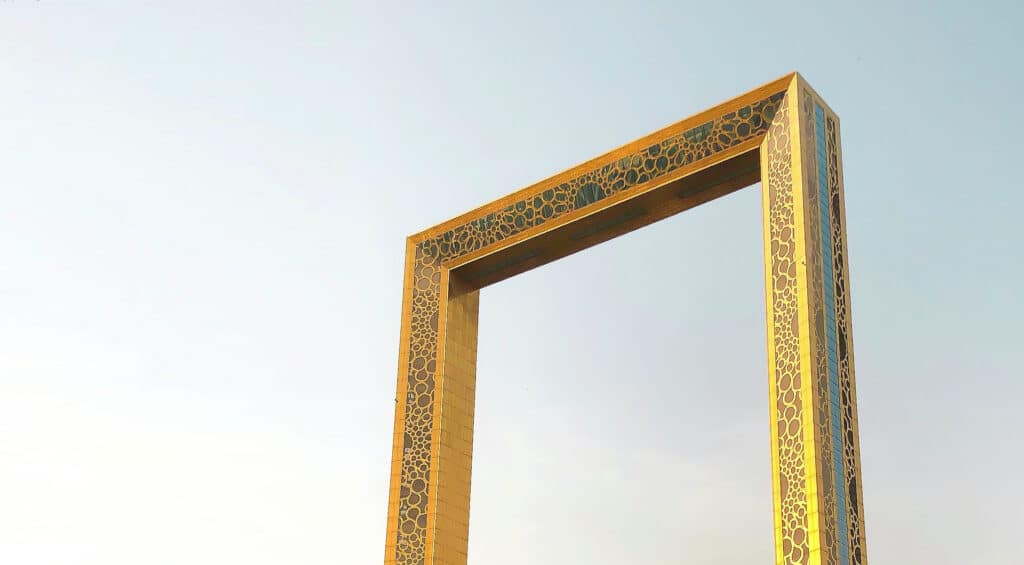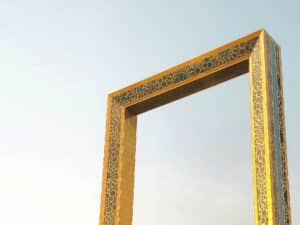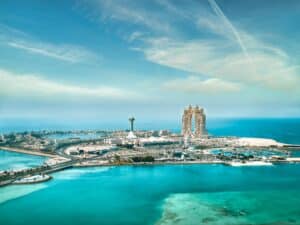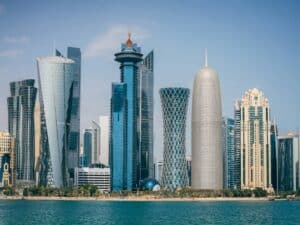Living and working in Dubai: a guide for expatriates in 2025

Dubai remains one of the most attractive destinations for professionals seeking international experience, career growth and a high standard of living. With year-round sunshine, tax-free salaries, modern infrastructure and a vibrant expat community, the city offers a unique lifestyle in the heart of the Middle East. While Dubai is known for its safety and order, it’s important to be aware of the strict laws that govern public behaviour, dress codes and online activity, especially for newcomers adjusting to Emirati life.
Whether you’re relocating for a new role, exploring job opportunities, or considering a long-term move, understanding the latest visa options, cost of living and cultural norms is essential. This guide covers everything you need to know about life in Dubai, from choosing the right neighbourhood to navigating the visa application process.
Visa options and residence pathways
The United Arab Emirates (UAE) has introduced several new visa categories to make relocation more accessible and flexible:
- Golden Visa: long-term residency for professionals in tech, education, healthcare and media. No employer sponsorship required.
- Green Visa: a five-year residence visa for freelancers, entrepreneurs and skilled workers. Allows sponsorship of dependents.
- Job Exploration Visa: enables professionals and graduates to enter Dubai without a job offer and search for employment.
- Retirement Visa: available to expatriates with stable income or real estate investments.
- Standard Employment Visa: the most common route, valid for one to two years and tied to your employer.
- Mission Visa: short-term visa for project-based work, valid up to six months.
Once approved, visa holders receive an Emirates ID, which is essential for accessing services, opening a bank account, and securing accommodation.
Cost of living in Dubai
The cost of living in Dubai varies depending on lifestyle and location. According to relocation data and platforms like Numbeo, here are typical monthly expenses:
- Rent: AED 70,000–120,000 per year for one- or two-bedroom apartments in areas like Dubai Marina, Downtown Dubai or Palm Jumeirah
- Utilities: AED 400–800 per month, with air conditioning costs rising during summer
- Groceries: AED 1,000–2,500 per month for a family of three
- Dining out: AED 50–100 per person at mid-range restaurants
- School fees: AED 30,000–80,000 per year at international schools
While Dubai offers tax-free income and no income tax, upfront costs such as housing deposits, visa fees and school enrolment can be significant. Budgeting carefully before relocating is essential.
Healthcare and health insurance
Dubai’s healthcare system is modern, efficient and internationally recognised. Most expats rely on private healthcare, which is often covered by employer-sponsored health insurance. If you’re applying for a residence visa, proof of coverage is mandatory.
The city is home to world-class hospitals and clinics, many of which are English-speaking and cater specifically to the expat community. Services are generally fast and high quality, though costs can be high without insurance. Emergency care is widely available, and pharmacies are well stocked.
Education and international schools
Dubai offers a wide range of international schools, with British, American, IB and other curricula available. These schools are popular among expatriates and offer high standards of education, though school fees can be significant, ranging from AED 30,000 to AED 80,000 per year depending on the school and age group.
Families relocating with children should research schools early, as the education system can be competitive and some institutions require fees to be paid upfront. Many schools are located in residential areas like Jumeirah, Arabian Ranches and Mirdif, making them convenient for families.
Lifestyle and cultural norms
Life in Dubai offers a unique blend of modern convenience and traditional values. The city is known for its luxury lifestyle, with shopping malls, fine dining and entertainment options that rival any global city. However, it’s important to respect local customs:
- Dress code: modest clothing is expected in public places, especially in government buildings and religious sites.
- Public displays of affection: these are discouraged and can be subject to legal penalties.
- Ramadan: during the holy month, eating and drinking in public during daylight hours is prohibited.
Dubai is safe, clean and well-organised, with low crime rates and efficient public transport. The working hours typically run from Sunday to Thursday, with Friday and Saturday as the weekend. The city is welcoming to women, who can live independently, work, drive and socialise freely.
And if you’re looking for a change of scenery, Abu Dhabi is just over an hour away; perfect for a day trip or weekend escape to another of the Emirates’ most dynamic cities.
Choosing where to live in Dubai
Dubai’s neighbourhoods offer something for everyone, whether you’re relocating solo, with a partner or as a family. Your choice will depend on your lifestyle, priorities and budget.
- Dubai Marina and Jumeirah Lake Towers (JLT) offer the best places for single professionals and couples. These areas are lively, well-connected and packed with restaurants, gyms and social spaces. They offer a good balance between affordability and convenience, with easy access to public transport and business hubs.
- Families often prefer quieter, residential areas like Arabian Ranches, Mirdif or Jumeirah, which offer larger homes, green spaces and proximity to international schools. These neighbourhoods are known for their community feel and family-friendly amenities.
- For those seeking a luxury lifestyle, Palm Jumeirah and Downtown Dubai provide high-end apartments, waterfront views and access to world-class shopping malls and entertainment venues. These areas are popular among professionals who want to be close to the city centre and enjoy Dubai’s premium offerings.
Women relocating to Dubai will find the city safe and welcoming. While modest dress is expected in public, women can live independently, work, drive and socialise freely. The city’s low crime rates, modern infrastructure and diverse expat community make it a comfortable place to settle, regardless of background or marital status.
Banking and financial setup
Opening a bank account in Dubai is straightforward once you have your Emirates ID and residence visa. Most banks offer services in English and cater to expats, with options for savings, current accounts and credit cards. You’ll typically need to provide:
- A valid passport
- Emirates ID
- Proof of address
- A salary certificate or employment contract
Dubai’s appeal lies in its tax-free income. There is no income tax on salaries, which means professionals often enjoy higher take-home pay compared to their home country. However, VAT applies to goods and services, and budgeting for school fees, housing and healthcare is essential.
How Carter Murray can support your move to Dubai
As a global recruitment and search firm specialising in marketing, communications, sales and digital roles, Carter Murray has helped professionals relocate internationally for 25 years. With offices in London, Dubai and beyond, we understand the nuances of international hiring and the needs of both employers and expatriates.
Whether you’re a professional exploring the job market in Dubai or a company looking to attract top talent from overseas, we’re here to help. Our team works closely with clients and candidates to ensure a smooth transition and long-term success.
To learn more about how we support international careers and hiring strategies in the Middle East, contact us today.




